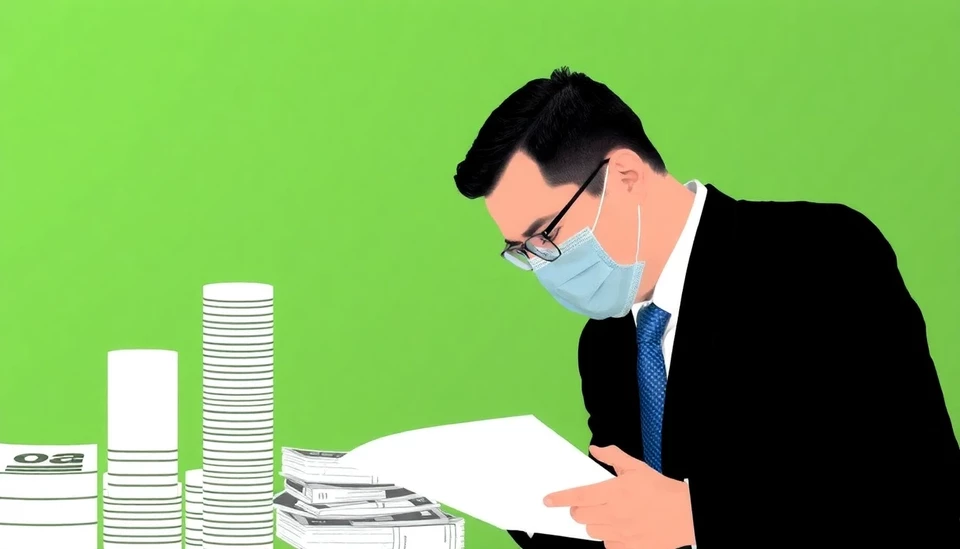
In a significant adjustment reflecting the harsh realities unfolding in the region, Israel's economic growth forecast has been markedly lowered due to the ongoing conflict. Economists and analysts have revised their previous projections, indicating that the war has inflicted a heavy toll on the nation's economy, which is grappling with unprecedented challenges.
The Israeli government had initially predicted a robust growth rate of around 3.5% for the coming year. However, this figure has now been downgraded to a growth rate of just 0.5%. The unexpected downturn can be attributed to the escalation of violence and its ripple effects throughout various sectors of the economy. Key industries, including tourism, trade, and manufacturing, have been particularly hard hit by the conflict, leading to widespread uncertainty and diminished consumer confidence.
Economists emphasize that the ramifications of the war extend beyond immediate economic figures. The conflict has disrupted supply chains, hindered exports, and deterred foreign investment, crucial components for a healthy economic environment. Moreover, the human cost of the violence has generated a palpable atmosphere of fear, prompting individuals to alter their spending habits and leading businesses to freeze or cut investment plans.
Analysts predict that the extended duration of the conflict could push economic growth into negative territory, intensifying the challenges already faced by many households and businesses in Israel. With inflationary pressures on the rise and the cost of living climbing, the prospect of economic stability seems increasingly distant as the region remains in turmoil.
Government officials are now faced with the daunting task of addressing both the immediate humanitarian crises and the economic fallout resulting from ongoing hostilities. Measures to stabilize the situation are urgently needed, but the path to recovery will likely be fraught with obstacles, necessitating a coordinated response from both domestic leaders and international partners.
As the situation evolves, the impact on Israel's economy will continue to be scrutinized closely by both experts and citizens alike, with all eyes on how political developments will influence recovery efforts in the coming months and years.
In summary, the latest economic forecasts underscore the urgent need for conflict resolution and stabilization efforts in the region to mitigate further economic decline and restore the prospect of sustainable growth.
#IsraelEconomy #EconomicGrowth #ConflictImpact #MiddleEastNews #WarEconomy #RecoveryEfforts
Author: Rachel Greene
